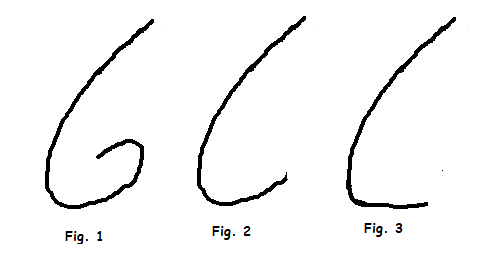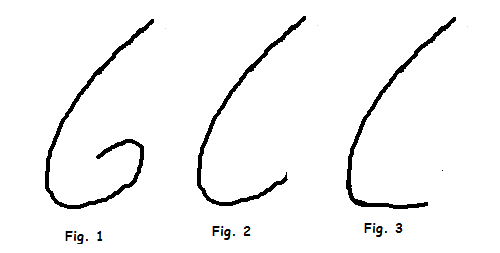
It wasn’t your everyday invitation to lunch at a second-rate restaurant.
It was an invitation to see a nose.
I had pleaded with Elon not to do it, to save his thirty thousand shekels and invite me to a first-rate restaurant to see something else: a new hairstyle, a tattoo, the latest Nike LunarEpic Flyknit shoes. I tried to reason with my friend that by keeping his ancient Jewish-Iraqi nose while living in the modern city of Tel Aviv, he could enjoy the best of both worlds, and without losing a shred of his dignity in the process.
“I’ve lived with this nose for 47 years,” Elon informed me over the phone.
“Exactly,” I replied, happy we were on the same page.
“That’s 47 years too long,” he said.
When we hung up, I stood in front of the mirror and studied the parts of myself I wished were different: longer, shorter, fuller, thinner, smoother, younger. I studied them, scrutinized them, picked a fight with them, then dismissed them with a shrug and went into the kitchen to make dinner.
A month went by, and Elon called to invite me to lunch at his favorite Thai restaurant, which might have passed for a Thai restaurant had someone on the staff been able to produce a lime wedge.
“I did it,” Elon said.
I didn’t need to ask what.
“Will I recognize you?” I asked.
“I barely recognize myself,” Elon replied.
We met for lunch. Elon walked in beaming, his face free of backstory, answerable only to itself. Two days earlier, I would have taken cover behind the menu to conceal my disappointment, but two days earlier I had shared Elon’s story with my ex-husband, who stopped me mid-sentence and put me in my place.
“Read Pico’s Oration on the Dignity of Man before your lunch,” he advised me, adding that to fret about someone’s physiognomy was passé. That even as a Renaissance humanist, Pico was ahead of his time, distinguishing people from nature by our ability to change at our own choosing, our capacity for self-transformation.
“Before you accuse Elon of losing his dignity, consider that the nose job might be his way of keeping it,” Asher said. Then, knowing I would likely not visit Pico’s oration before I visited Elon, he enlisted Google and called on the philosopher himself. “We have made you, Adam, a creature neither of heaven nor of earth, neither mortal nor immortal, in order that you may, as the free and proud shaper of your own being, fashion yourself in the form you may prefer,” he read aloud, then closed his computer.
“I like the new you,” I said to Elon in a half-truth. His face was as plain now as my pad Thai lacking lime, the plastic surgeon apparently unaware that after Pico and the Renaissance, artists stopped being artisans and became individuals, their art a function of their creative expression rather than technical ability. With his new punim, Elon could have hailed from anywhere in the world, or from nowhere at all. But there was something else: for the first time since I had met him two years earlier, he looked me in the eye when he spoke.
“I feel as light as a feather,” he said. “And as free.”
A month later I received a Whatsapp picture of Elon standing in front of some unidentifiable stone structure, an Israeli flag perched in one of its cracks.
“Hi Dalia. I just came back from Treblinka and am going to Jerusalem tomorrow to sign up as a volunteer tour guide at Yad Vashem,” he wrote. “But I’m having a philosophical problem that maybe Asher can help me with. Can an Iraqi be a tour guide at Yad Vashem?”
The answer was obvious (yes), but I still took the question it to Asher.
“Interesting,” Asher said. “It reminds me of the philosophers from the Vienna Circle, many of them Jews, who argued that most philosophical questions are pseudo questions, questions that don’t have a meaningful answer because they’re not worth asking in the first place. But because they can’t be answered in a meaningful way, they take on a relevance and lead to more pseudo questions. The task of philosophers is to separate real problems from pseudo problems. Of course, the ultimate pseudo problem was the Jewish Question, which led these very thinkers to emigrate in 1938. Tell Elon that when he becomes a tour guide at Yad Vashem, he’ll learn all about them.”
I stared at the picture of Elon, a man dwarfed by a monument, his nose neither a question nor an answer, but a thing of irrelevance, an irrelevance that allowed him to emerge from his shell and blend in with his surroundings, a “creature of indeterminate nature,” like the chameleon Pico wrote so lovingly about.
Or Woody Allen’s “Zelig,” which I would propose to see with Elon the next time we got together. But something made me think he had already seen it.
Image via Wikimedia.









Porno kategorisi şişman çirkin kızlar mastürbasyon video.
ŞİŞMAN ÇİRKİN İÇİN SÜRTÜK FAHİŞE BEN POF ADLI LACEY BİR ARAYA GELDİ.
Azgın fuck teen GF onu Cam üzerinde mastürbasyon arkadaşı-TheBBWGF.
4 kız Dildo ile mastürbasyon. Latin, yağ,
mastürbasyon, anal, tombul ve bedava porno videolar, kıllı, latin Porno.
Find out why News and why it means a lot.
You should take part in a contest for one of the best blogs on the web. I will recommend this site!